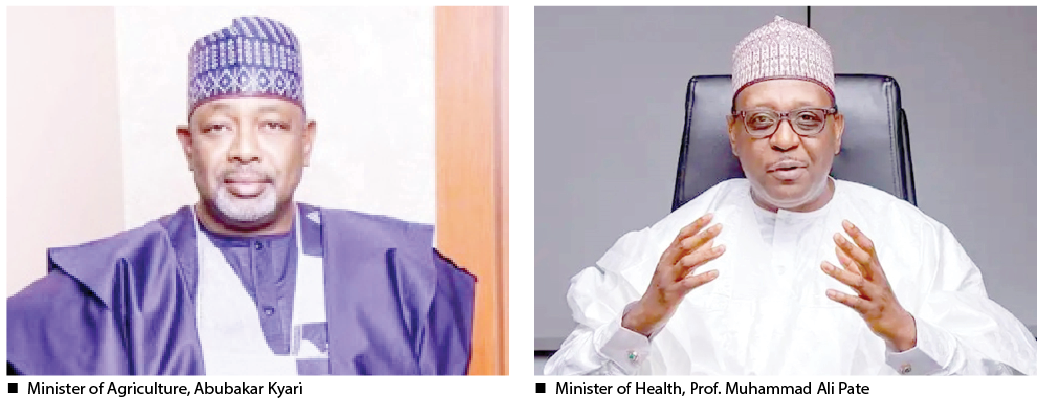SAHARA REPORTERS
Oil producers, under the aegis of the Independent Petroleum Producers Group (IPPG) have warned against forcing them to sell crude oil to the Dangote Refinery and other local ones in Nigeria.
They asked the regulators to allow the sale of crude to the Dangote Petroleum Refinery and other local refineries to be based on a “willing buyer, willing seller” basis.
SaharaReporters reports that the Nigerian Upstream Petroleum Regulatory Commission (NUPRC) had on August 12, unveiled crude oil producers’ production forecast for the second half (H2) of 2024, stating that producers would sell crude to local refineries.
However, the IPPG Chairman Abdulrazak Isa, raised concerns in a letter dated August 16, 2024, and addressed to the Chief Executive of the Nigerian Upstream Petroleum Regulatory Commission, Gbenga Komolafe.
He said that the NNPC should utilise its allocated 445,000 barrels per day intervention crude oil volume to salvage the current situation as it did in many instances in the past noting that where NNPC’s quota didn’t meet the demand, it should strictly be treated as export volumes.
According to Isa, “NNPC has always had an intervention crude oil volume (445kbopd) meant to satisfy the nation’s domestic consumption. This volume has always been used, under various swap mechanisms, to import refined products for domestic consumption.
“Since there is now domestic refining capacity to meet consumption, this dedicated volume should be reserved for all domestic refineries under a price hedge mechanism that can be provided by a suitable financial institution such as Afrexim Bank.
“Any national production above this allocated volume should be treated strictly as export volumes, adhering to the willing buyer, willing seller framework of the international market especially since the refiners will need to export excess products that surpass domestic demand thus boosting FX earnings,” he maintained.
IPPG also raised concerns about recent developments in Nigeria’s oil industry. Specifically, they are worried about the domestic crude oil refining requirements and production forecast announced by the Nigerian Upstream Petroleum Regulatory Commission (NUPRC) for the second half of 2024.
Additionally, IPPG objects to the request for monthly crude oil supply quotations to licensed refineries, particularly the approach taken by the Dangote Refinery.
IPPG argues that the approach conflicts with the willing-buyer, willing-seller framework established by the Petroleum Industry Act 2021. They believe that enhancing the country’s petroleum value chain should be done within the bounds of the law and existing obligations.
IPPG is confident that a mutually beneficial solution can be reached among stakeholders without compromising commercial agreements, economic interests, and business models in the oil and gas sector.
“While we fully support and commend the efforts of Nigerian entrepreneurs to enhance domestic refining capacity, it is important that no private sector business is unduly pressured into arrangements that may effectively subsidise another within the oil and gas value chain under any guise whatsoever.
“Under this willing-buyer, willing-seller framework, it is essential for refiners to negotiate and execute long-term crude oil Sales and Purchase Agreements with producers and their marketing agents. These agreements should follow industry best practices, with typical tenures ranging from one to five years,’’ the IPPG chairman said.



